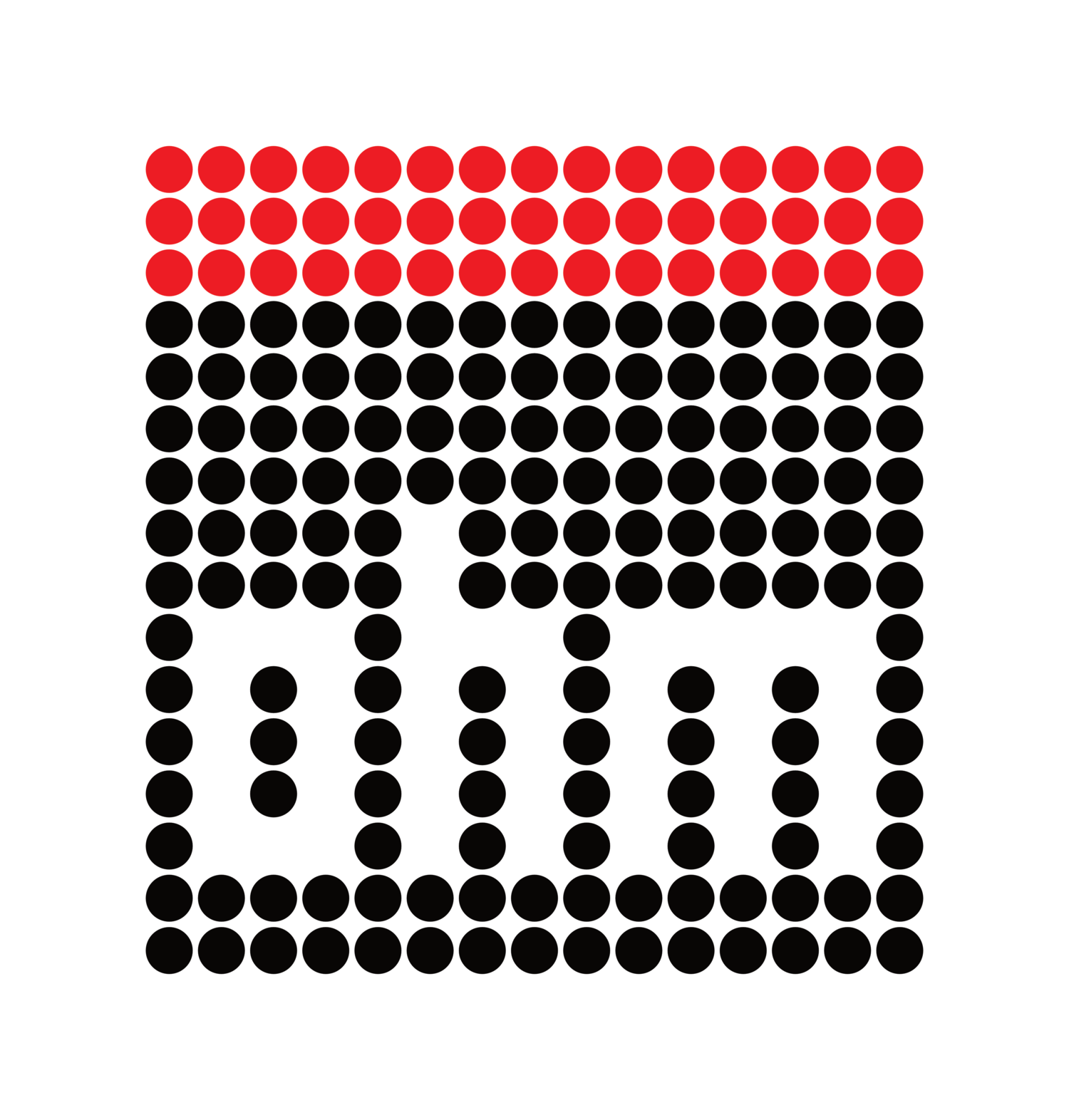Editor's note: Fook writes whatever he wants, when he wants. You can find all of his here: Fook's ohm image articles.
And be sure to check out Fook's work on Instagram.
Like I said in instalment #2 of On Turning Pro:
So in the past year, people have been asking me: “Fook, you’ve been spending quite a bit of money into photography, are you going to turn pro?” Honestly, I have thought about it for a while now, and here are some of the reasons why I believe I am not ready to turn pro.
Client engagements split between pre-sale and post sale activity. Many older photographers focus their activity on post sale engagement, while many of the younger generation focus their activity on pre sales engagement. Social media avenues: Facebook, Instagram, etc., offer nice and simple platforms with low barriers to entry. Almost any professional can show off their work to a G•I•G•A•N•T•I•C audience. #ing is a godsend to people wishing to show off their wares to everyone, everywhere. Photographers wanting to show their work to the right people need only apply the right (the more the merrier) hashtags and their photographs pop up in relevant channels. The larger that channel's audience, the greater chance a photographer's photo has of being noticed by potential clients.
Simplicity (keeping a single subject) and style are important. @multifolds, a wedding photography outfit on Instagram, nails simplicity. Often, @multifolds's portfolio is simple, shot in front of an epic background. But he also adds slice-of-life photos from time to time. These engage personally with fans and potential clients. As a result, people can relate to @multifolds, or any photographer willing to make the connection and show off their skills in other marketable photographic genres. Street photographers like Eric Kim use YouTube to demonstrate their knowledge and passion. They engage with clients in a very personal way.
As part of the younger generation I believe that pre sale activity is more important than its post sale counterpart. Good post sale activity is very important. Correctly managing, framing, selecting, and creating images that meet the subject and stylistic needs of the client is that it is all about.
Finally, we have communication. I happen to have no problem engaging with people and orchestrating pre and post sale activity, I imagine that I'd have issues creating a certain style, and strictly adhering to client requests. I can imagine that being a big problem, especially as I am not a famous professional with a large client base.
Of course, that's just another reason I believe I am not ready to turn pro.

